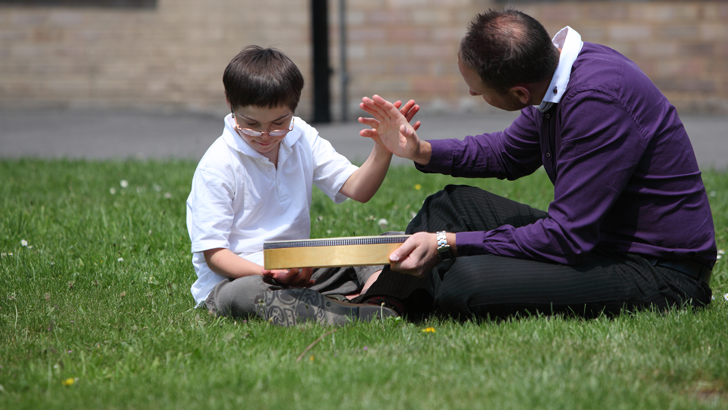
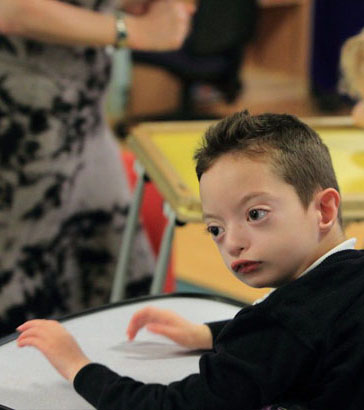
Level D builds on what has been learned at levels B and C. Level B introduces the network of people who support children
with SLD/PMLD/CLDD.
Level C takes a closer look at this web of professionals how best to foster team collaboration.
Level D focuses on how management and leadership in special schools can develop understanding between the many agencies involved
supporting children.
It examines the sharing and communication of information: how observations, assessments, evaluations and analyses require
contributions from different sources, and how this information can be synthesised.
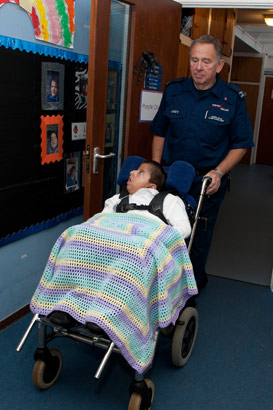
The materials in this level are intended to provide those working with children with SLD/PMLD/CLDD the tools to be able to:
- Utilise the evidence base of the wide needs of children to identify the need to initiate, develop and maintain professional relationships with a range of agencies and disciplines; and
- Identify the local and strategic actions, barriers and solutions required to develop, promote and support multiprofessional working with other agencies and disciplines across all education areas.
Details of the professional standards that apply to all teachers in England can be obtained from the Department for Education website. These standards apply to all teachers regardless of their career stage and all aspects of the standards are relevant to teachers working with children with special educational needs.
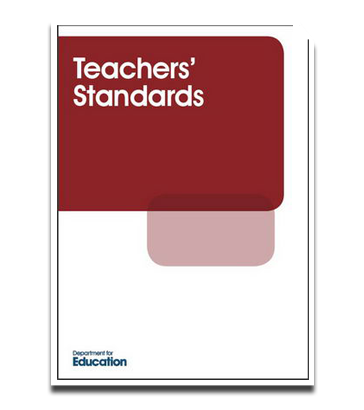
As defined by the Department for Education Special Educational Needs Code of Practice (2001), Children have special educational needs if they have a learning difficulty which calls for special educational provision to be made for them.
Children have learning difficulty if they have:
- A significantly greater difficulty in learning than the majority of children of the same age, or
- A disability which prevents or hinders them from making use of educational facilities of a kind generally provided for children of the same age in schools within the area of the local education authority.
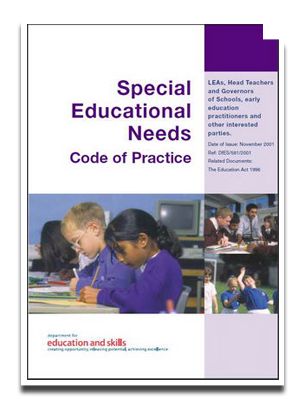
With thanks to the professionals who contributed to this module:
Module Content
Dr Michael Brown, Reader in Health & Social Care, Edinburgh Napier University
Beverley Cockbill, Training Officer, The Schools Network
Dr Brenda Hartley, Developmental Psychologist
Iain Chatwin, Independent SEN Trainer and Consultant
All modules produced by The Schools Network and
Real Group (UK) Ltd for the Training Development Agency for Schools (TDA).
Editorial Team
Dr Mark Turner, Real Group (UK) Ltd
Professor Hilary Constable, The Schools Network
Jo Egerton, The Schools Network
Anne Fowlie, The Schools Network
John Truman, The Schools Network
Annie Grant, Independent Consultant
Production and Design
Jonathan Bond, Real Group (UK) Ltd
Colm Gibson, Real Group (UK) Ltd
David Hutter, Real Group (UK) Ltd
Ruth Earl, Real Group (UK) Ltd
Video, Audio and Photography
Atomic Productions
Project Management
Professor Barry Carpenter, The Schools Network
Alan Macgregor, Real Group (UK) Ltd
Sylvia Paddock, The Schools Network
Dr Mark Turner, Real Group (UK) Ltd
Caroline Ward, The Schools Network
Thanks to all the children, parents, carers, assistants and teachers for their involvement.